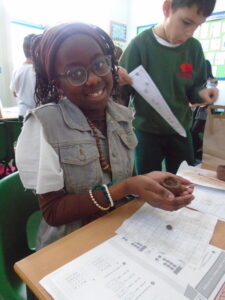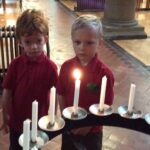 Ofsted describe cultural capital as: ‘the essential knowledge that pupils need to be educated citizens, introducing them to the best that has been thought and said, and helping to engender an appreciation of human creativity and achievement.’
Ofsted describe cultural capital as: ‘the essential knowledge that pupils need to be educated citizens, introducing them to the best that has been thought and said, and helping to engender an appreciation of human creativity and achievement.’
‘By [cultural capital], we simply mean the essential knowledge, those standard reference points, that we want all children to have. … So for example, it’s about being able to learn about and name things that are, for many, outside their daily experience. ‘
Cultural capital could be explained as an indicator of how well an individual is able to succeed academically and engage in wider society.
Cultural Capital is about Personal Development and how children learn skills and realise talents, develop character and resilience, and learn about British values, diversity and mental health & well-being.
Cultural Capital is the ‘total learned experience of the child: formal, informal, within the classroom and beyond.’
In school this can be achieved by:
- Providing opportunities to explore new activities, through lunchtime and after-school clubs
- Teaching children about a wide variety of arts including literature, artists, sports people and music
- School trips and wider curriculum experiences
- Providing opportunities for questioning, curiosity and creativity.
At Holly Park our curriculum promotes cultural capital through our intent:
Creativity, Curiosity, Ambition, Health
At Holly Park we ensure that our curriculum includes:
 Trips, residential experiences, curriculum days, places of worship, Forest School, Spanish, field trips, swimming, Junior Duke, clubs, visitors, International Day and other special curriculum days and weeks, British values, charity activities, a focus on protected characteristics, concerts and shows, the world of work, First Aid, cooking, inter school events, Rights, author visits, a range of texts and authors, a range of artists, designers, mathematicians, sports people.
Trips, residential experiences, curriculum days, places of worship, Forest School, Spanish, field trips, swimming, Junior Duke, clubs, visitors, International Day and other special curriculum days and weeks, British values, charity activities, a focus on protected characteristics, concerts and shows, the world of work, First Aid, cooking, inter school events, Rights, author visits, a range of texts and authors, a range of artists, designers, mathematicians, sports people.








